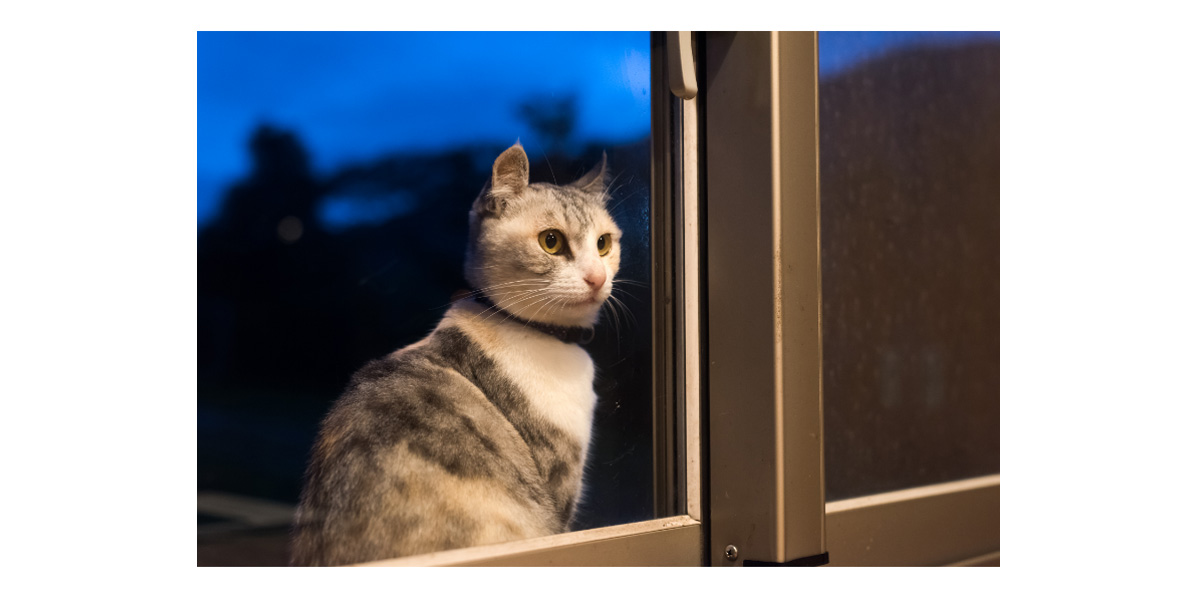
SAVE AN EXTRA $5 - $20 OFFUse code PETS in cart (Exclusions apply)

Save 40% with first AutoShipUse code NEW40 (Up to $40 max. Exclusions apply)

While efforts are made to answer all questions as quickly as possible, if an immediate answer is required or if your pet is in need of urgent or emergency care, contact your pet's veterinarian immediately.

You will receive an answer from Dr. Lindsay and our vet/tech team as soon as possible, usually the same day.
All answers are provided for informational or educational purposes only, and are intended to be a supplement to, and not a substitute for, the expertise and professional judgment of your pet's veterinarian.
It may be necessary to consult your pet's veterinarian regarding the applicability of any opinions or recommendations with respect to your pet's symptoms or medical condition.
Close
An error has occurred, please reload the page and try again.
Close
While efforts are made to answer all questions as quickly as possible, if an immediate answer is required or if your pet is in need of urgent or emergency care, contact your pet's veterinarian immediately.
There is no answer related to your question

Are you losing sleep over your pet’s anxiety? It’s not uncommon for cats and dogs to seem fine during the day, only to bark, meow, or pace restlessly through the night. Read on to learn how to can find the underlying cause for your pet’s nighttime anxiety symptoms and what you can do to help them settle in for a good night’s sleep.
If your pet behaves normally throughout the day, only to suffer symptoms of anxiety at night, there are several possible causes. It could be:
Sundowning or Nighttime Anxiety in Senior Pets
Similar to humans with Alzheimer’s disease, senior cats and dogs can develop dementia in their golden years as the aging process causes proteins to build up along the brain’s neural pathways. Pets, too, can show signs of “sundowning,” which is when their sleep-wake cycle is disrupted and their symptoms seem to worsen at night.
A pet that is “sundowning” may seem disoriented and may bark or meow through the night. They may not recognize family members, and they may not know where they are.
Canine cognitive dysfunction in dogs and feline cognitive dysfunction in cats is unfortunately not curable. It is a degenerative disease so it will worsen as the pet ages. Over-the-counter supplements and prescription anxiety medications can help manage their symptoms.
Nighttime Noise Anxiety in Pets
During the day, your home may be full of familiar sounds, like your family members talking, walking about, television shows playing, and so on. At nighttime, everything is quiet, and unfamiliar noises might seem scarier to your pet. They might hear cars going by, strangers walking past, wild animals scurrying about, and other nighttime noises that keep them on high alert.
It might be helpful to play some calming music or white noise so your pet can relax and get to sleep. Don’t forget to check for open windows and doors that may be letting in outside noises.
Pain or Discomfort at Night
Cats and dogs are notoriously skilled at hiding when they’re unwell or in pain, but without daytime distractions, they might show more symptoms at night. As with any behavior change, it’s a good idea to schedule a vet visit if your pet has a sudden onset of nighttime anxiety. If your pet has known chronic pain issues like arthritis, it might be time to upgrade to a supportive orthopedic bed.
Changes in Temperature
During changing seasons, the temperature in your pet’s sleeping area might fluctuate. It might be quite warm when you say goodnight, but the temperature could drop, leaving your pet cold and uncomfortable. Some animals sleep all day when it’s hot in the summer, then become active at night when it cools down. If your pet sleeps in a separate room, make sure it’s temperature-controlled and they have plenty of blankets in which to burrow. If your pet sleeps outdoors, they might need a heated dog bed for their dog house or a sturdier shelter if bringing them inside isn’t an option.
Separation Anxiety
Separation anxiety can crop up if your pet sleeps alone. It’s natural for cats and dogs to prefer to sleep with loved ones for maximum warmth and safety. Sleeping separately might leave your pet feeling lonely and anxious, especially if they’re a brand new kitten or puppy recently separated from their litter, or if a change in your bedtime routine means they can no longer sleep with you.
It may be helpful to let your pet sleep in the same room, in their own bed or crate, if you can’t allow them to sleep in your bed. If that’s not possible, you can help your pet adjust to sleeping alone with a few creature comforts.
Some pets need playtime in the evenings to burn off extra energy. Some like to be tucked in and cuddled for a few minutes while they’re drowsy. Comforting your pet at nighttime won’t make them “spoiled,” rather, it lets them know that their needs are met and that it’s safe to settle in for the night.
Documenting Nighttime Anxiety in Pets
Monitoring your pet’s symptoms at night can be tough. A majority of their symptoms might take place while you’re asleep, so you might not realize the extent of their anxiety. What’s more, there may be additional symptoms occurring during the day, especially when you’re not home, that you might not know about.
You can use a pet camera to keep tabs on your pet’s symptoms at any time of day or night. Most have a motion sensor feature and will start recording when your pet moves. An HD camera with infrared night vision is ideal. The camera should be set up to save video to your phone, that way you can review the footage with your veterinarian if needed.
 Swipe
Swipe